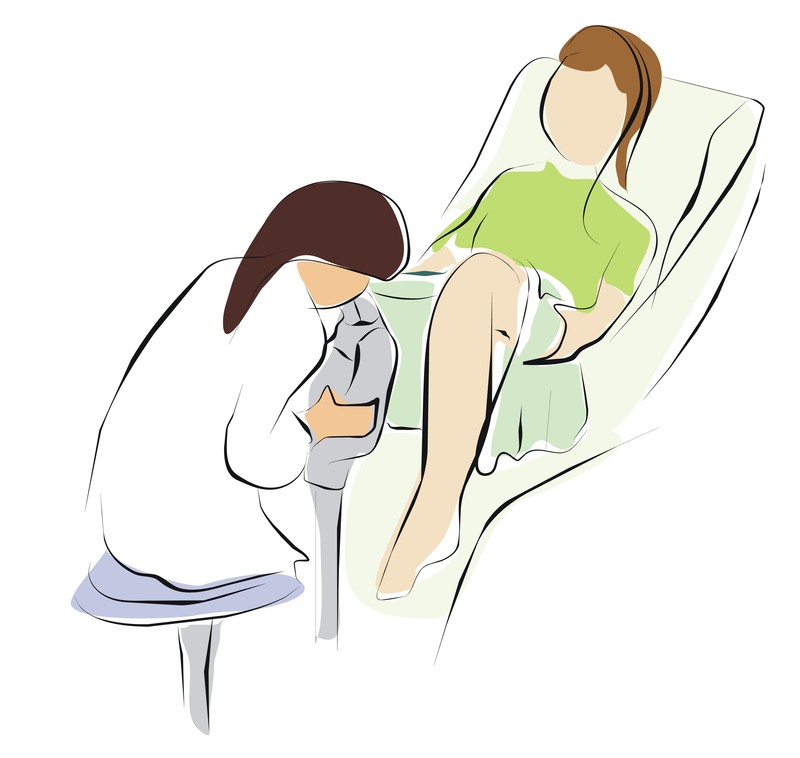Cervical cancer is the tenth-leading cause of cancer deaths in the country. An estimate 4,000 women die each year in the United States due to cervical cancer. This may seem like a lot, but the fact of the matter is that new cases of cervical cancer have declined by about 40% in the last 30 years alone. Whereas before approximately 14.2 women out of every 100,000 developed full-blown cervical cancer each year, now that number is down to 7.8 women per 100,000. This is an enormous improvement!
So what’s changed? The answer is diligent, annual screening, as well as the use of the HPV Vaccine. Today I want to focus on screening rather that than discuss the HPV vaccine – that’s a topic for another time.

Screening for cervical cancer is performed with a well-known procedure called the Pap test (Pap smear). This test is performed in the doctor’s office as part of the routine physical examination and typically begins at age 21, and is repeated every few years depending on which screening guidelines you and your doctor follow. It typically is conducted until you are at least 65 years old, at which point it may be stopped if several consecutive tests came up negative (meaning no abnormalities).
So why does screening matter so much?
In the case of cervical cancer, detecting cancer in the early stages can very often lead to a cure. In fact, in most cases doctors are able to detect pre-malignant cells that have not even developed yet into full-blown cancer. The survival rate is extremely good for cervical cancer detected early, enough so that a normal life expectancy is very likely. On the other hand, cervical cancer detected in the late stages that has metastasized, or spread to other parts of the body, has a very low life expectancy. Since cervical cancer often will not show any outward symptoms until later stages, screening allows doctors to find and treat cancerous cells long before most women reach these later stages – assuming they do stick to their schedule of exams.
Screening alone drastically reduces your chances of developing full-scale cervical cancer. It’s estimated that women who are not screened are 10 times more likely to develop cervical cancer.